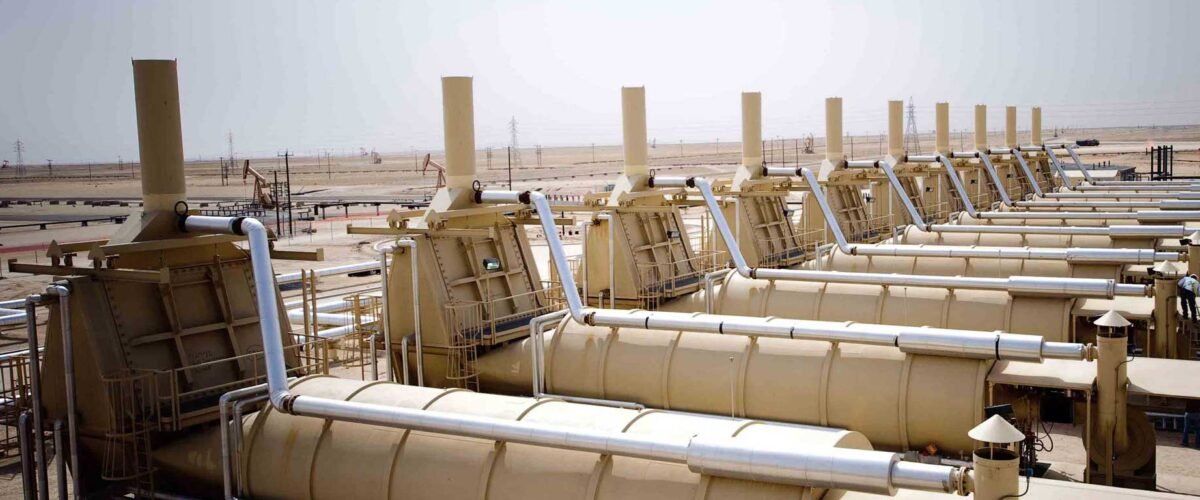The United States Federal Energy Regulatory Commission (FERC) has redeclared its decision to grant authorization for an Atlantic pipeline expansion project by Transcontinental Gas Pipe Line Co. LLC (Transco).
The Court of Appeals for the District of Columbia Circuit had issued voidance and remanded to FERC a case challenging the Commission’s Certificate and Abandonment Authorization for the Regional Energy Access Expansion (REAE) project.
Acting on the remand, FERC has now reinstated the authorization, insisting benefits on customers outweigh climate and environmental risks and that Transco has put in place mitigation measures.
The project has already been operational since August 2024. It enables the provision of 829,400 dekatherms a day of incremental firm transport service from northeastern Pennsylvania to delivery points within the state and in Maryland and New Jersey, according to FERC.
“The REAE Project capacity allows its LDC [local distribution companies] customers to avoid peak day shortfalls projected over the next ten years and to lower their costs by purchasing lower-priced Marcellus Shale gas at Leidy instead of securing needed gas supplies through peaking contracts or spot market purchases deliverable to the city gate”, FERC said in a decision posted on its website.
“Other key benefits include alleviating capacity constraints in the region and strengthening reliability by increasing supply diversity by connecting Transco’s system to new supply sources on its Leidy Lines in Luzerne County, Pennsylvania.
“Additionally, the REAE Project capacity is already in service and, in particular, being used for power generation during winter conditions, as evident from the 2023-2024 winter where approximately 45 percent of the available capacity was used for power generation via either direct delivery or out of the Station 210 pool.
“Finally, certification of the REAE Project will not result in any substantial negative economic impacts”.
The legal challenge against the approval argued FERC had failed to make a significance determination regarding greenhouse gas emissions (GHGs).
In reinstating the approval, FERC said, “We clarify that we cannot characterize any project’s GHG emissions as significant or insignificant because we are unable to identify any accepted tool or method, including use of the social cost of GHGs, that would allow us to determine what level of GHG emissions’ contribution to adverse climate change impacts is significant under NEPA”.
“We note that to date, no other Federal agency, including the U.S. Environmental Protection Agency or CEQ [Council on Environmental Quality], has established either an accepted tool or method or a threshold for determining significance that the Commission could adopt”, FERC added.
“It is the Commission’s practice not to make a binary significance determination for GHG emissions and to instead rely on a qualitative discussion of the potential adverse effects, as upheld by the D.C. Circuit”, FERC declared.
Transco, owned by Tulsa, Oklahoma-based The Williams Companies Inc., applied for authorization for the REAE project March 2021.
FERC granted approval January 2023, along with authorization to abandon certain facilities as requested in the expansion plan. It held as more credible a study submitted by Transco compared to two separate studies by New Jersey agencies, including the state’s Board of Public Utilities, and the New Jersey Conservation Foundation challenging the project.
Rehearings were subsequently held, in which FERC stood with its authorization, before the battle reached the DC Circuit.


